Nodit, a leading blockchain infrastructure provider in the Asia-Pacific region, has introduced its non-custodial Validator-as-a-Service (VaaS), designed to deliver enterprise-grade transparency, stability, and operational reliability for institutional blockchain validation. Powered by technology from Lambda256, the blockchain subsidiary of Dunamu, the service combines full asset and key ownership with regulatory alignment, operational visibility, and proven high-performance node operations.
The company explained that its VaaS solution aims to reduce the significant technical burden typically associated with institutions running their own validator nodes. Through turnkey deployment, automated monitoring, and continuous performance optimization, Nodit enables organizations to participate in blockchain networks without the heavy engineering overhead. Leveraging its experience operating high-performance nodes across major networks like Ethereum and Solana, Nodit offers reliable scalability—ensuring enterprises can expand validator operations as their needs evolve.
The non-custodial structure allows institutions to retain complete ownership of their assets and private keys while delegating infrastructure operations to Nodit. This minimizes custody-related risks and supports governance, audit, and compliance requirements that are essential for regulated institutions. “Our goal is to make enterprise blockchain operations as transparent and reliable as traditional financial systems,” said Jea Kim, Business Lead at Nodit. “With Validator-as-a-Service, organizations can maintain control and security while gaining the performance, stability, and compliance they require.”
Nodit’s VaaS is currently developed in accordance with SOC 2 Type I standards and is progressing toward SOC 2 Type II certification to reinforce internal controls and strengthen data protection. The platform also provides a real-time operational dashboard displaying validator uptime, rewards, and key performance metrics—offering institutional users full visibility into system health and verifiable operational reporting. This “compliance-first” approach is intended to help enterprises meet both global and local regulatory expectations in Asia.
Nodit already provides critical infrastructure services to major Korean digital asset exchanges including Upbit and Coinone, as well as partners in fintech, logistics, and gaming. The company operates active validator nodes across multiple proof-of-stake networks such as Aptos and Somnia, demonstrating strong technical reliability and scalability in multi-network environments—capabilities increasingly important for institutions requiring robust and resilient blockchain infrastructure.
The company is also expanding its presence within the global developer ecosystem. Nodit will participate as a sponsor at ETHGlobal Pragma during Devconnect Buenos Aires, showcasing solutions designed to help developers and enterprises build secure, compliant, and data-driven Web3 applications. By combining institutional-grade reliability with the innovation of open-source development, Nodit aims to bridge the gap between enterprise infrastructure and the rapidly evolving blockchain ecosystem.
Providing node and data infrastructure for decentralized applications and institutional blockchain services, Nodit supports crawling, indexing, storing, and processing blockchain data across multi-chain environments. Through its Validator-as-a-Service offering, the company seeks to empower organizations to join blockchain networks with transparency, trust, and regulatory alignment—advancing the next stage of institutional Web3 adoption.





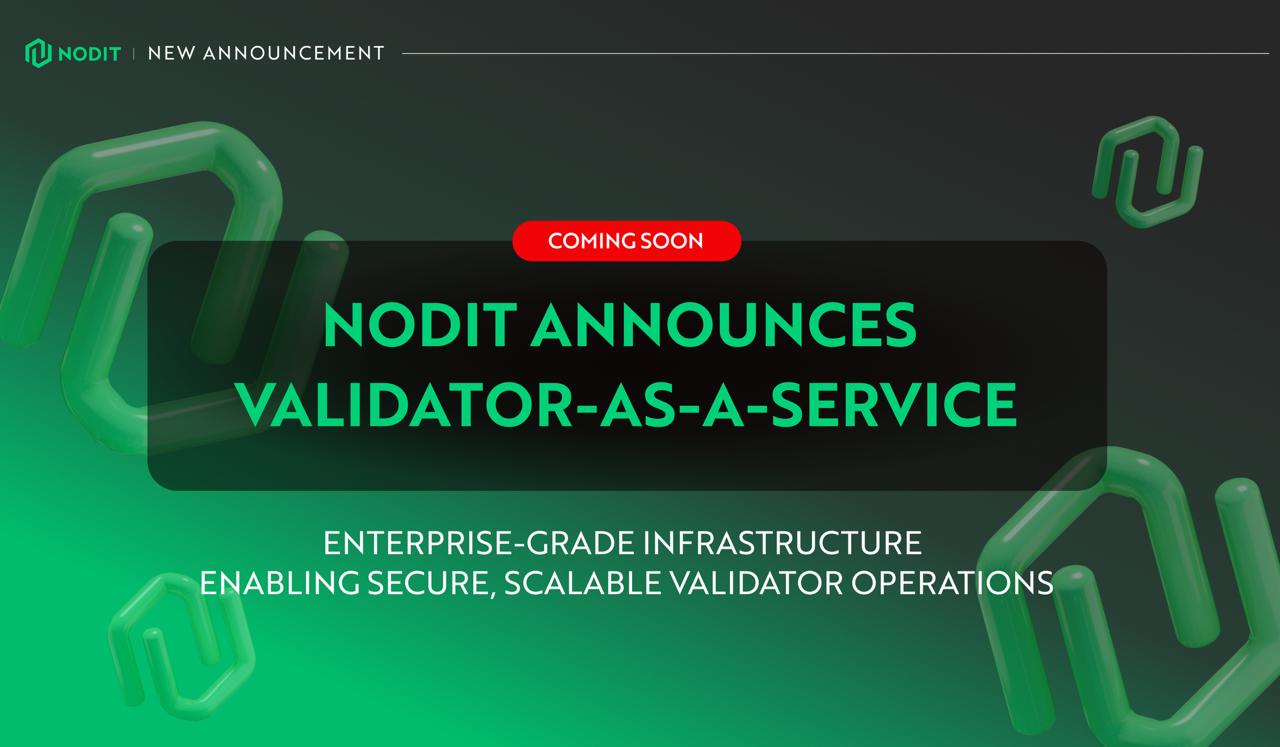


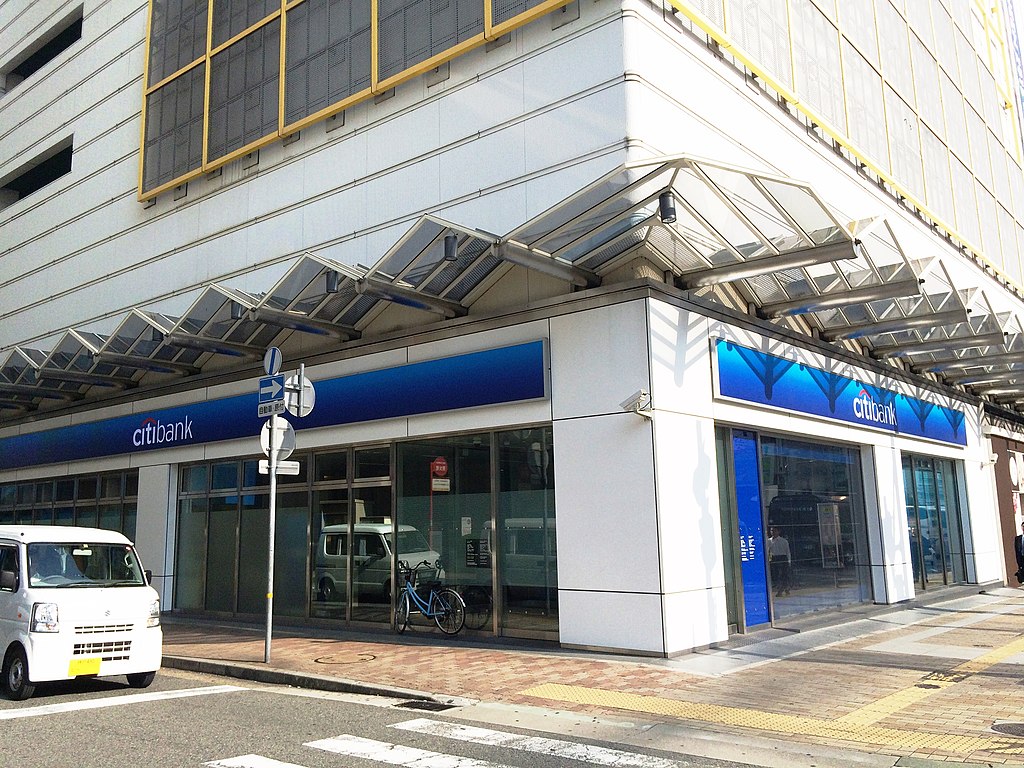

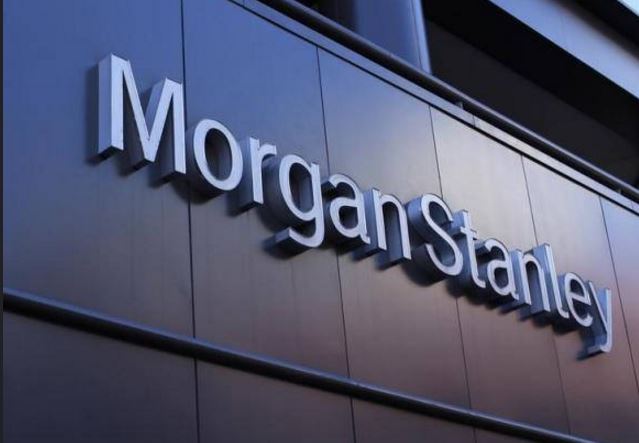



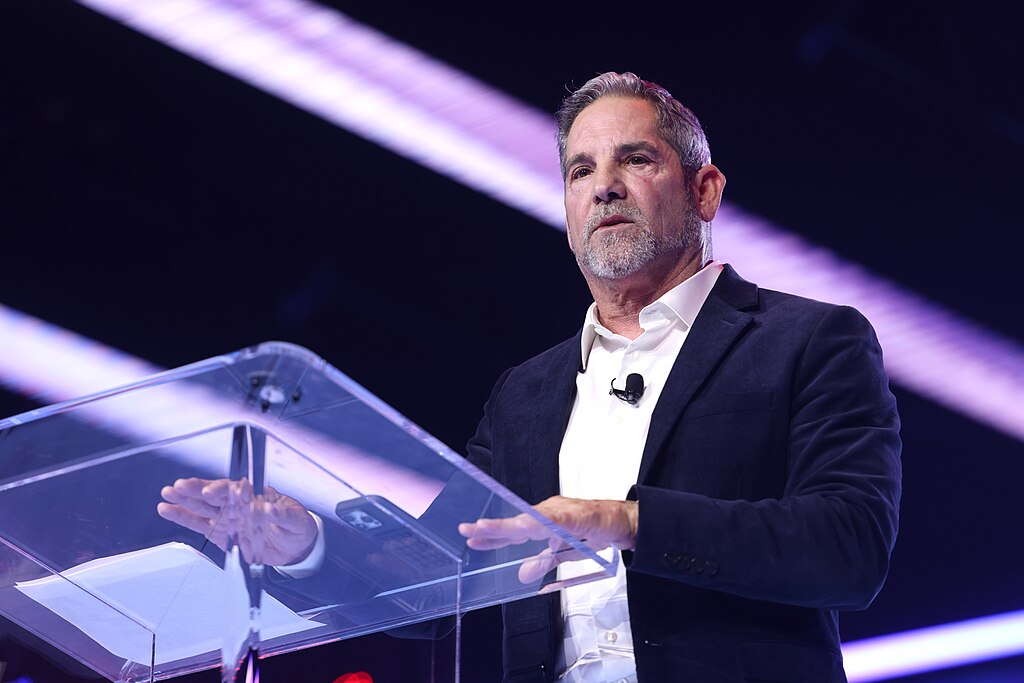
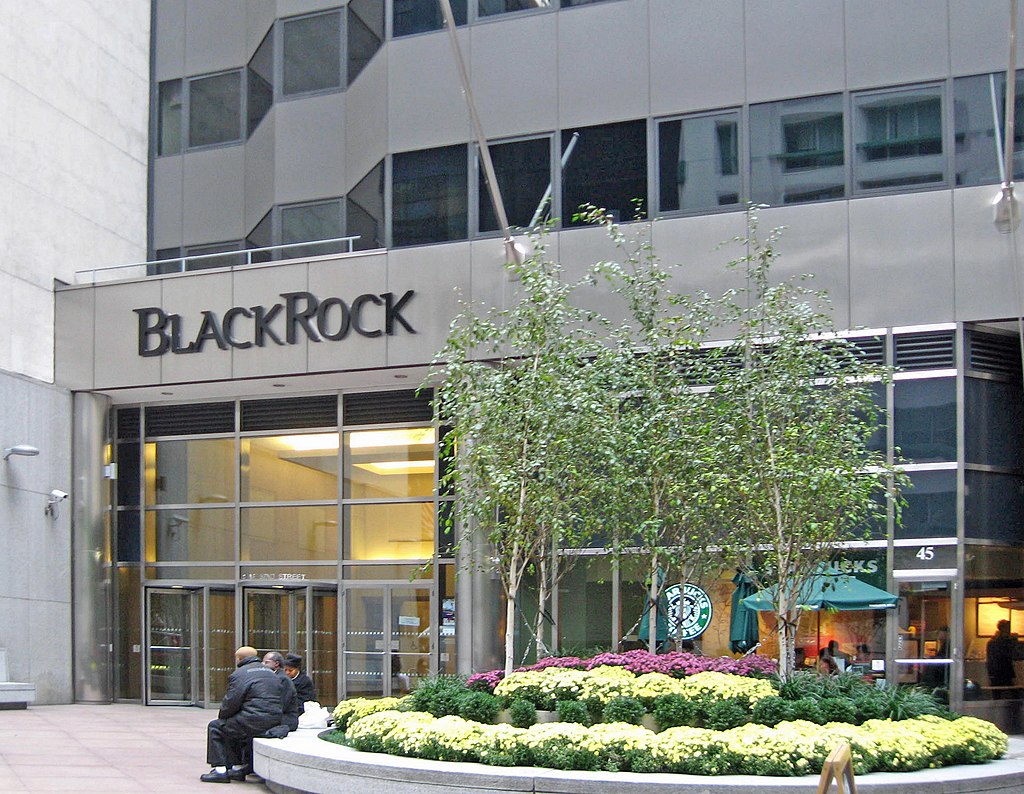









Comment 0